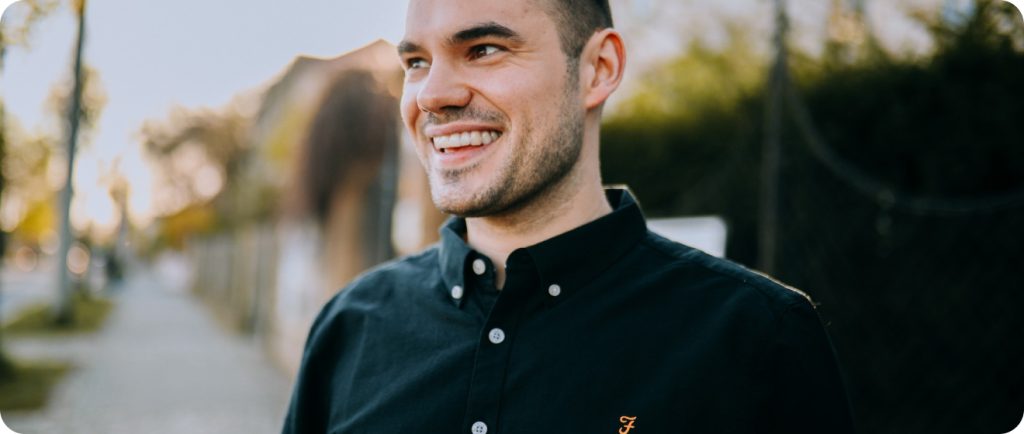Soon, we will commence processing construction and wood waste.
The production process begins with the procurement of high-quality raw materials – in this case, hard polypropylene (PP) waste (production scraps, defective injection molded parts, various types of packaging) as well as soft materials (nonwovens, laminates, fabrics, ropes, films). Previously sorted into appropriate categories, the material is retrieved from the warehouse and subjected to a process of shredding and compaction.
The production process begins with the procurement of high-quality raw materials – in this case, hard polypropylene (PP) waste (production scraps, defective injection molded parts, various types of packaging) as well as soft materials (nonwovens, laminates, fabrics, ropes, films). Previously sorted into appropriate categories, the material is retrieved from the warehouse and subjected to a process of shredding and compaction.
Next, the prepared materials are mixed in appropriate proportions and fed into extruders. The extruded material undergoes degassing and filtration through a 125um filter to then subject the strands of liquid material to a cooling, drying, and cutting process. The material in the form of granules is dried and transported through a system of pipes to a silo, where continuous homogenization takes place. From the silo, the material is weighed into Big Bag packaging and transported to the warehouse, where it awaits shipment to customers.
Thanks to the application of the best technical solutions and continuous improvement of production processes, our regranulates are characterized by the highest quality, purity, and uniformity. We have the Eucertplast certificate, confirming the full traceability of raw materials.

Support in solving complex waste management issues;
Thanks to the implementation of the best technical solutions and continuous improvement of production processes, our regranulates are characterized by the highest quality, purity, and uniformity. We hold the Eucertplast certificate, confirming the full traceability of the raw materials.
Soon, we will begin processing construction and wood waste.
Next, the prepared materials are mixed in the appropriate proportions and fed into extruders. The extruded material undergoes degassing and filtering through a 125um filtration to then subject the threads of the liquid material to the process of cooling, drying, and cutting. The material in the form of granules is dried and transported to a silo using a system of pipes, where continuous homogenization takes place. From the silo, the material is weighed into Big Bag containers and transported to the warehouse, where it awaits shipment to customers.
The production process begins with the raw material.
The production process starts with the purchase of the highest quality raw materials – in this case, polypropylene PP waste, both hard (production waste, defective parts from injection molding, all types of packaging) and soft (nonwovens, laminates, fabrics, ropes, films). Previously sorted into appropriate types, the material is retrieved from the warehouse and subjected to shredding and compaction.
Next, the prepared materials are mixed in the appropriate proportions and fed into extruders. The extruded plastic is degassed and filtered through a 125um filtration to then undergo the process of cooling, drying, and cutting the liquid material threads. The plastic in the form of granules is dried and transported to silos via a system of pipes, where continuous homogenization takes place. From the silo, the material is weighed into Big Bag packaging and transported to the warehouse, where it awaits shipment to customers.
Thanks to the implementation of the best technical solutions and continuous improvement of production processes, our regranulates are characterized by the highest quality, purity, and uniformity. We hold the Eucertplast certificate, fully confirming the origin of the raw materials.
